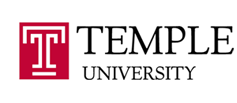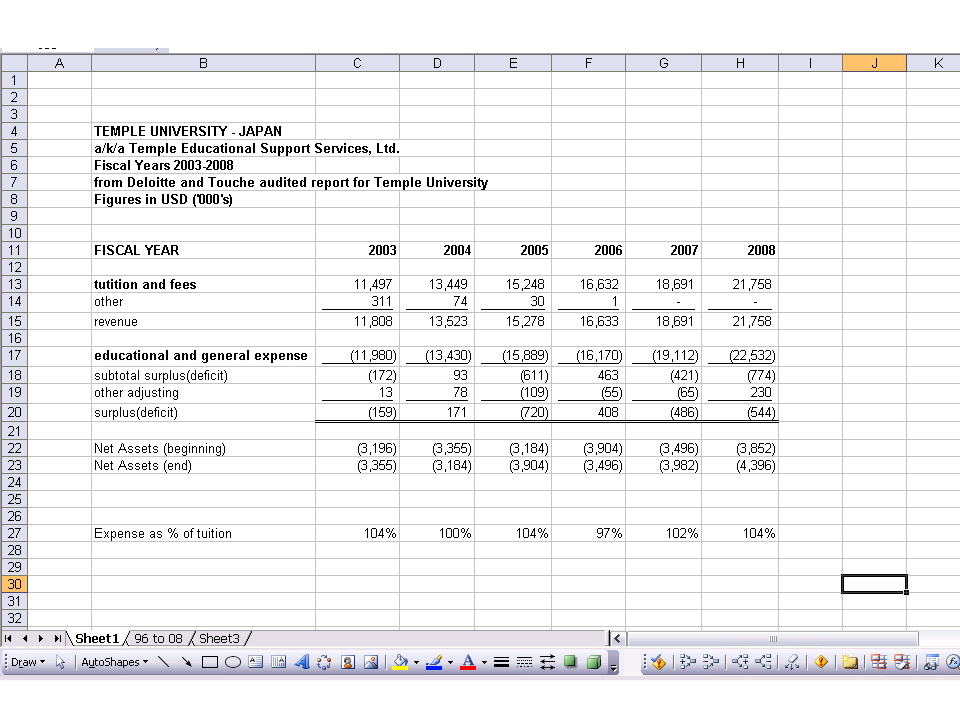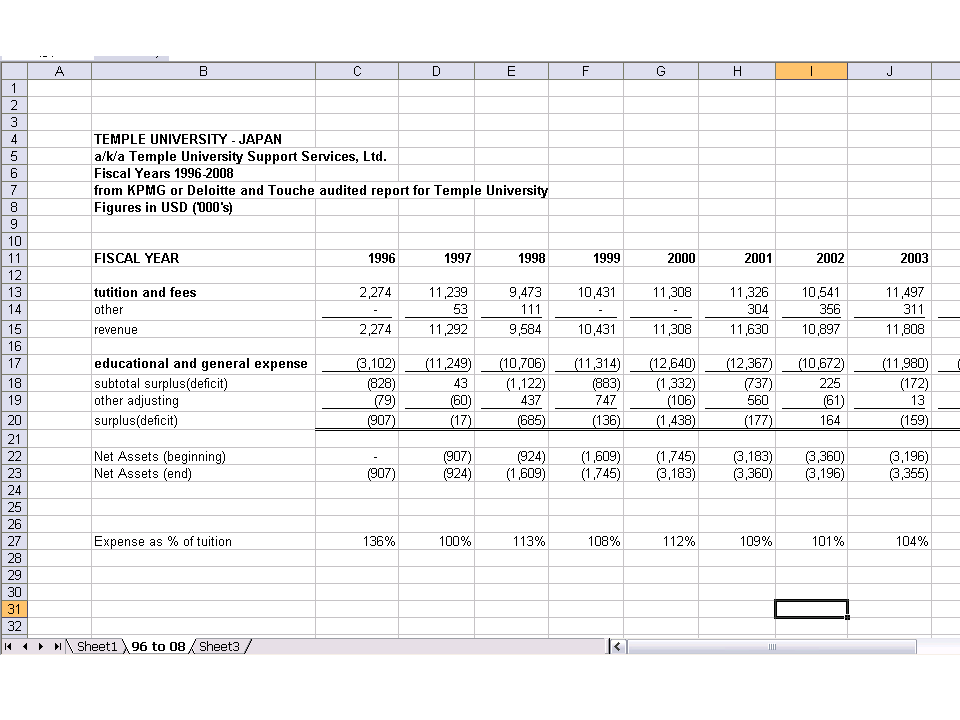This is a question I’ve been wondering about now and again.
As you might know, Temple University in Pennsylvania runs a “Japan Campus” here in Tokyo, and has done so for about over two decades now. From talk I’ve had over the years with various Japanese, the program is anywhere from good to controversial. Some people liked it, and some people felt they (i.e. Temple) can keep it.
I myself am a graduate of the school’s Law Division in Philadelphia, and kind of have a love-hate view of the university. It does some great things. But in other ways it really smells. I still give it money, though, from time to time. But I’m not sure if anything has changed in 20 years.
So I don’t have much involvement with the campus here and don’t know if it’s “quality” or not.
Talking a while back, someone put the idea to me, as to whether the Japan campus of Temple isn’t just a big money funnel from Pennsylvania taxpayers to subsidize Japanese going to the school. Or to create administrator jobs in another country–hiring foreigners as employees during a recession where Pennsylvania itself is letting go of Americans.
Hmmm . . .
Well, a few things are clear. One is that very few other state-supported schools are going around the world setting up mini-colleges. They just don’t do it.
So the sense I have is that it costs. A lot.
Otherwise, these other universities like Princeton [admittedly not a state school but very well-endowed], Rutgers, Ohio State, you name it, they would be setting up Japan campuses. But they aren’t.
Usually, they affiliate with a foreign university, and do some sort of exchange-student relationship. It isn’t clear what the value is of setting up your own thing when someone else, in that other country, will share their plant and equipment with you. I know Waseda does this with a number of schools back stateside.
So what is Temple doing?
Well, it isn’t clear.
If you read an annual report from the University, it’s pretty clear that Temple University Japan is in something called “Temple Educational Support Services, Ltd.” (“TESS”). At least that’s my best guess. They don’t really break out the Japan operations, but there is this piece broken out under TESS. Elsewhere, it’s referenced that TESS does its activity in Japan.
Here are the last six years’ figures about TESS (click on it to see it better):
If you notice, TESS mostly takes in revenue as tuition and fees, and its major expense is “educational and general”. So I assume that it’s Temple University-Japan tuition money coming in. And the costs of the faculty that is flown in to teach classes as the “educational and general”.
There may be other pieces to this. I know that on Form 990 for Temple there is mentioned a $1,000,000 management fee that is paid from TESS to the parent Temple.
But in the main, the Deloitte-audited financials should contain the segment costs to run Temple University Japan.
Notice something strange? Whatever is collected as revenue, then just about that amount is accounted for as expense.
You would figure that the tuition is going to be charged in Japanese yen. But a lot of the labor costs are professor salaries, and they are going to be incurred in United States Dollars.
The yen and the dollar trade at varying rates throughout the months and years. Lately, it’s gone anywhere from 120 to a dollar to 90 to a dollar. But the yen revenue never varies much from the dollar expense.
So are these numbers credible? It’s hard to tell.
Another thing is that Pennsylvania taxpayers give in about $169 million a year to Temple University. One way of looking at it is that this money subsidizes the in-state tuition for Pennsylvania-resident Temple students.
But another way of looking at it is that this money pays the salaries of Temple-employed professors so that the Pennsylvania students don’t have to come up with as much money.
So, if these professors are next sent on a plane to Tokyo to teach nonresident students (in fact, people won’t aren’t even American), are the Pennsylvania taxpayers getting what they should for the subsidy they make? Or is it some university administrator’s neat dream or fantastic idea that other people are kind of saddled with paying for?
That audited report isn’t exactly saying. All it says is that when the tuition revenue number goes up, then the expenses in the segment go up almost in proportion. They expenses are usually 2% or 3% more than whatever money comes in.
Oh.
A lot of [my] family lives in Pennsylvania. And if they ever asked me, I’d have to say (as a CPA), that the Deloitte-audited report raises questions.
Chances are, if Temple University Japan made money, net, for the overall system, then the financial report would probably show this. But if it doesn’t make money, and in fact loses money, then the management of Temple would maybe want to employ some sort of allocation scheme to TESS? One that said that the costs of TESS were some proportion of the money it takes in. And leave that as that.
Deloitte probably wouldn’t argue with it. They want the business of auditing Temple. It’s big.
Maybe someone will pass the question around Harrisburg for the 2011 budget. I think Temple got its full funding this year (Fiscal 2010), with the Governor, Ed Rendell, signing the budget a day or two ago.
But no doubt things will continue to be tight in Pennsylvania as the U.S. recovers from recession.
[Update #1: I took the trouble to research that series above going all the way back to as early as 1996. It’s the same pattern. No matter what the tuition is in TESS, the expenses are in a tight band just higher than whatever they say was collected in tuition. No matter what the yen did. No matter how many students are filling the class. Real strange.]
[Update #2: A reader has pointed out to me that half the students at the Japan Campus of Temple are from the Main Campus, back in Philadelphia. They say that the tuition charged is in US dollars. They further reason, that if the instructors are also being paid in dollars, the exchange rate problem would not be there.
But it’s more like this would lessen the disparity in income and outgo whenever the yen moves up and down.
Unless you have a set number of Japanese students paying yen, and that money goes to fund the employees in Tokyo who get paid in yen. And the dollar money pays for the ones who are flown in and paid in dollars.
How strange that it would be so perfectly balanced, though.
To me, it looks like an allocation formula where they just take a percentage of comes in and say that’s what it cost. More later.]



2 thoughts on “Do Pennsylvania taxpayers subsidize Japanese students at Temple University Japan?”